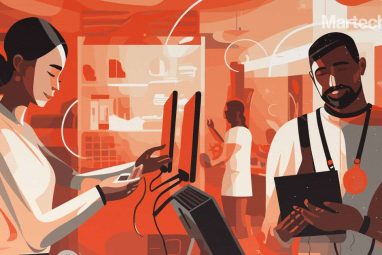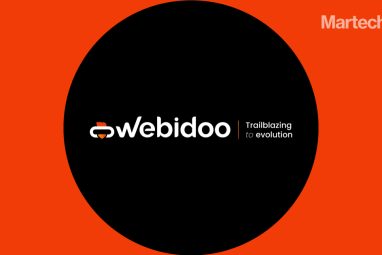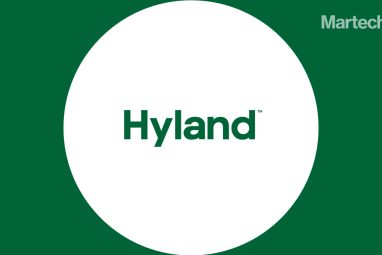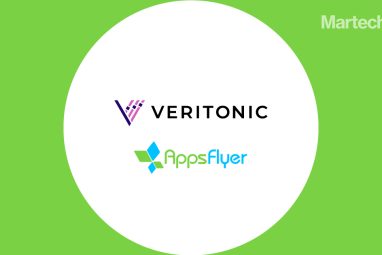PlayDapp Launches SDK Optimised To Support Blockchainisation of Traditional Games
Blockchain game service platform PlayDapp (CEO Brian Choi) announced that it has completed the development of its proprietary software development kit (hereinafter referred to as PlayDapp SDK) optimised for blockchain game services and start commercialisation from December 2, 2021. PlayDapp SDK is a blockchain game management service solution provided to game developers who want to […]
Topics
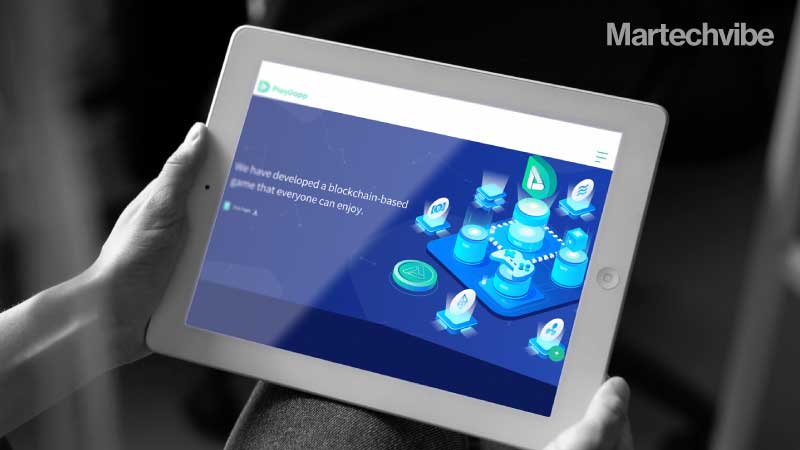
Blockchain game service platform PlayDapp (CEO Brian Choi) announced that it has completed the development of its proprietary software development kit (hereinafter referred to as PlayDapp SDK) optimised for blockchain game services and start commercialisation from December 2, 2021.
PlayDapp SDK is a blockchain game management service solution provided to game developers who want to build blockchain infrastructure. It supports numerous solutions necessary for customer needs; from SDK required for blockchainisation of general game items to non-fungible tokens (NFTs) as well as management, operation, data analysis, and dashboard services after launch.
In addition, PlayDapp SDK provides NFT interoperable games and rewards for participating in the PlayDapp ecosystem and supports NFT transaction services between global users by linking with the PlayDapp Marketplace.
Also Read: How Does In-App Advertising Work?
PlayDapp plans to actively encourage game developers to adopt blockchain technology through the PlayDapp SDK, and further support blockchain technology cooperation and optimisation.
PlayDapp’s SDK commercialisation is noteworthy as the PlayDapp SDK will be provided in the form of a blockchain plug-in to GamePot. Gamepot is a game development and integrated management solution jointly developed by ITSB and Naver Cloud. In South Korea, over 80 developers are using it, including Gravity, (Ragnarok series), ThumbAge (Destiny Child: Defense War), and PLAYWITH (Rohan M).
“PlayDapp SDK is an optimal solution that eases the burden on game developers who have difficulties in adopting blockchain technology and increases operational convenience,” said Sang Chung, Head of PlayDapp’s business division. “We hope traditional game companies respond rapidly to changing trends with PlayDapp. As well as participate in the blockchain game ecosystem as soon as possible.”

